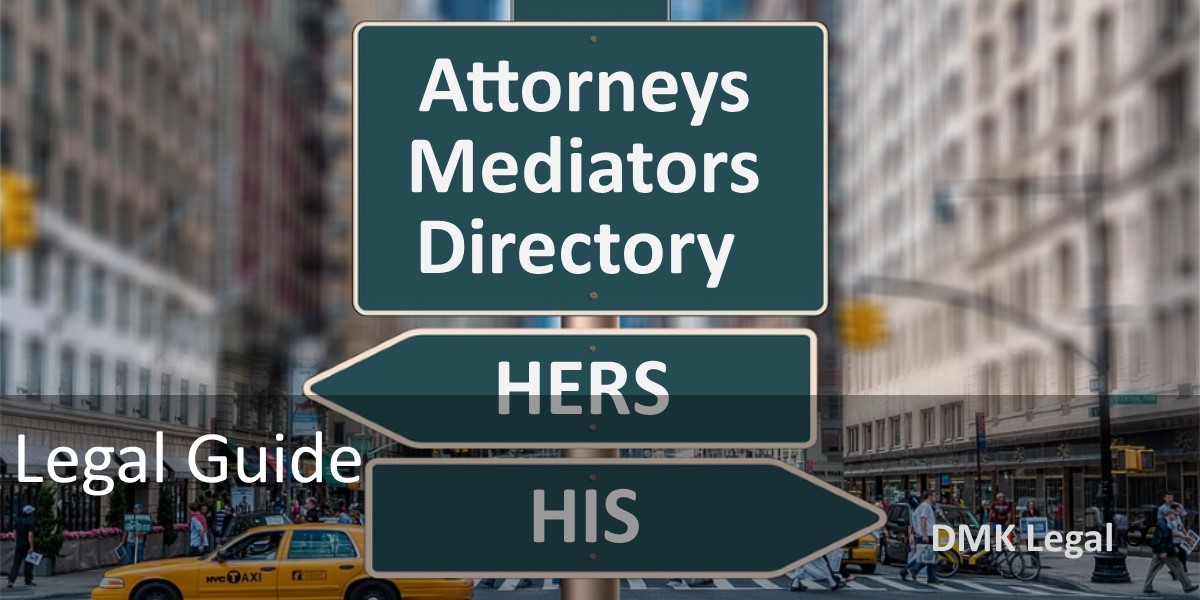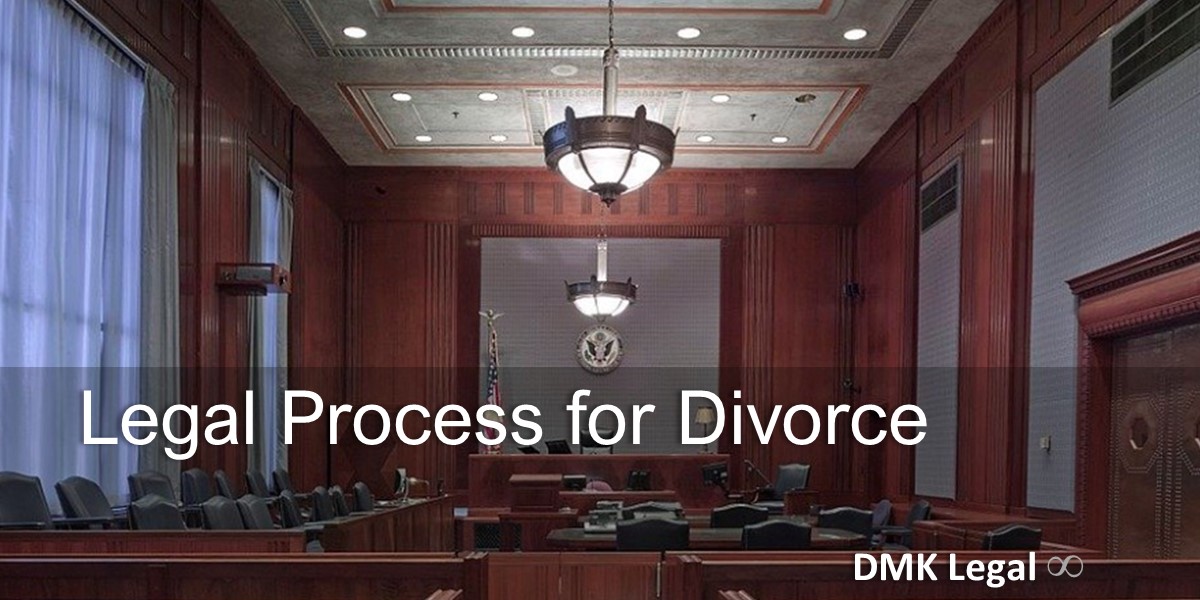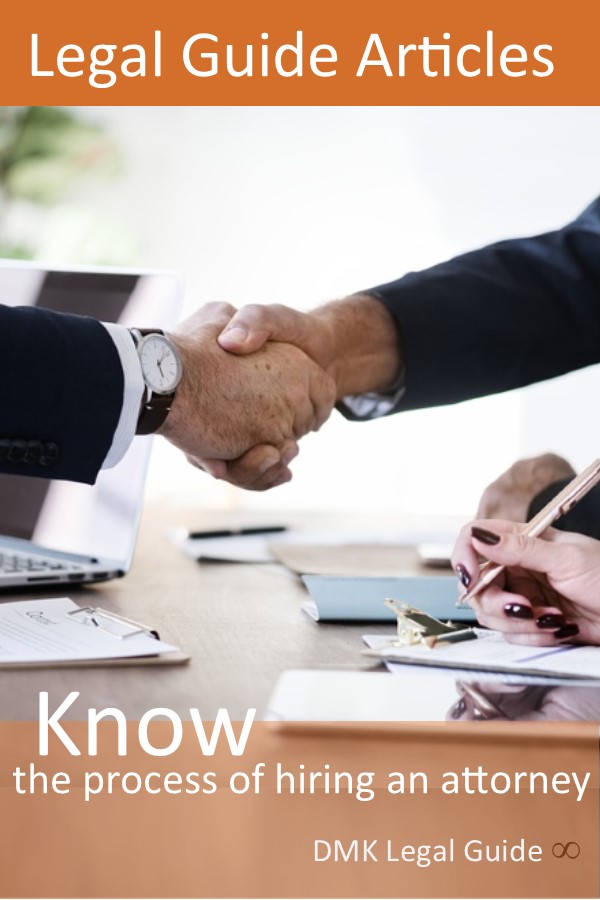Get 12 tips to help you navigate the legal process of divorce. As always, seek the advice of a professional for details regarding state laws that may affect your own personal circumstances.
Legal Process Tips
1. Most states have residency requirements for anyone that seeks a divorce through their courts.
2. Responsibility for marital debts is allocated according to the property division laws of the state if determined by a judge.
3. If you earn a higher income and/or have lower living expenses the court may consider allocating a higher portion of the marital debt to you.
4. Interrogatories are written questions the spouse must answer in writing, under oath.
5. Depositions are when a spouse or party must answer questions under oath before a court reporter.
6. Many times depositions are requested when there are suspected hidden assets.
7. When one spouse’s legal team requests the other spouse to produce documents like bank statements, tax returns, financial documents or otherwise it is known as a request or notice for the production of documents.
8. A subpoena orders a witness to appear before a court or at a deposition.
9. Request for inspection is when a spouse is in possession of some asset or financial documentation relevant to the settlement and the other spouse has reason to review or otherwise inspect or have access to them.
10. Hiding assets can have criminal and civil consequences.
11. It is very expensive and complicated to appeal your Final Judgement of Divorce (Divorce Decree). There must be compelling circumstances specific to legal error, abuse of discretion and/or fraud. Most have a low chance of success. There are time limits to file an appeal. However, most states allow additional motions to be filed within a certain period of time following the final judgement.
12. Formal Modifications to your Judgement of Divorce (Divorce Decree) may be possible and are generally straight forward when both spouses agree. A Petition to Modify must still be filed and the modification must be granted by a judge. If both spouses do not agree, then the spouse seeking the modification would need to demonstrate to the court a convincing and on-going change of circumstances (e.g., loss of job, job transfer, medical event) as a reason to seek the modification. If you and your spouse agreed to a Settlement Agreement outside of court or with the help of a mediator, the court usually expects a reasonable amount of time to have passed following the judgement in order for there to have been significant changes to induce a reason for the Petition to Modify.
Disclaimer
The information provided by respective owner's ("we", "us" or "our) on Divorce Me Knot (referenced also as "DivorceMeKnot.com", "dmk", "DMK", "OurDMK.com", "OurDMK", "application" or "site") is for general informational purposes only and is subject to change with or without notice. All information on our site and application is provided in good faith, however we make no representation, guarantee or warranty of any kind, express or implied, regarding the accuracy, validity, adequacy, reliability, availability or completeness of any information on the site or application.
The information in articles and all content on this site should not be considered psychological or behavioral health therapy, counseling or legal, financial, real estate, mortgage, insurance or professional advice. It should not be used in place of professional advice from a licensed professional or credentialed expert. Providers of content on this site, herein known as "Contributors" (inclusive of, but not limited to writers, bloggers, editors, employees, developers, graphic designers, advertisers, partners, affiliates, references, experts, professionals and site owners) are not legally liable for any misinformation, errors or omissions. Names, details and images may have been changed in the content of this site.
Under no circumstances should DMK and/or it's Contributors have any liability to users of the site for any loss or damage incurred to users as a result of the use of this site or application or reliance of any information provided on the site or application. Use of the site or application and reliance on any information from the site or application is solely at the user's own risk.
For complete site disclaimers review "Disclaimers" on this site or click the link below.
Read Complete Site Disclaimers Here




















 How to resolve AdBlock issue?
How to resolve AdBlock issue?